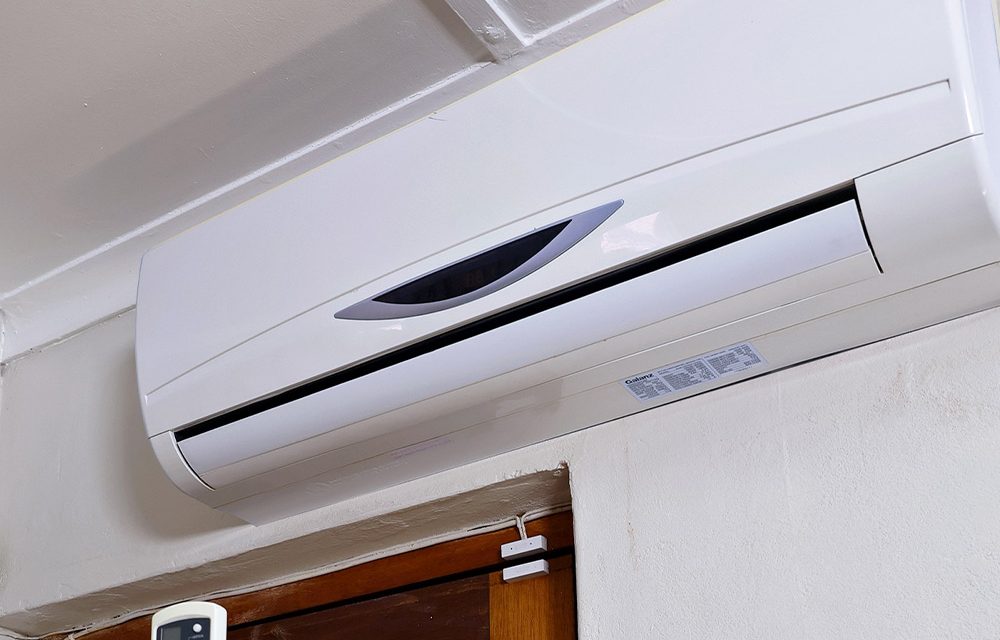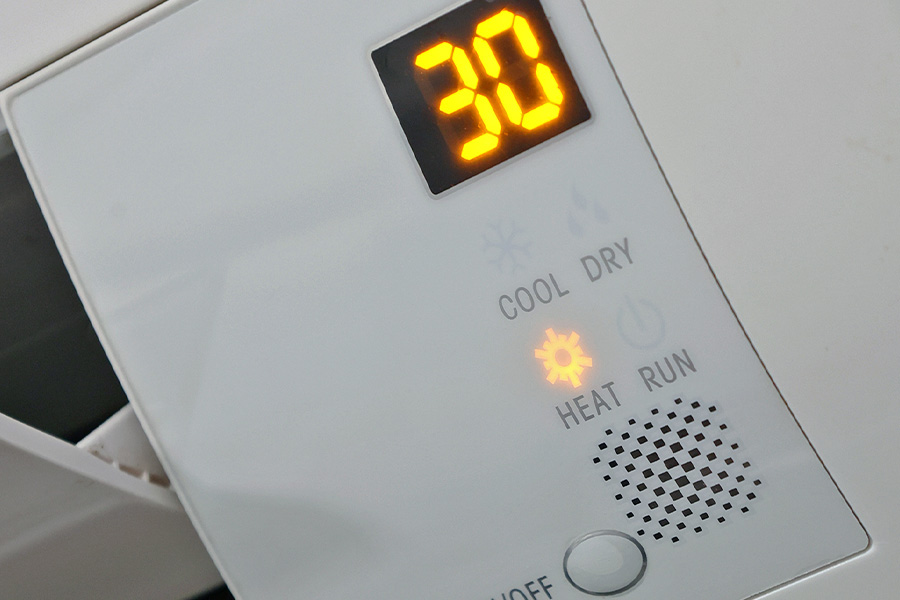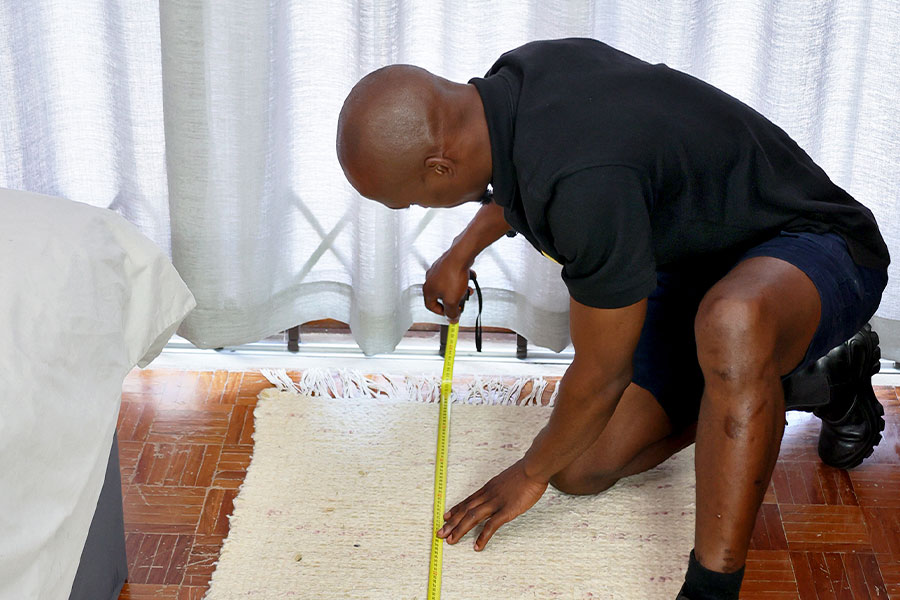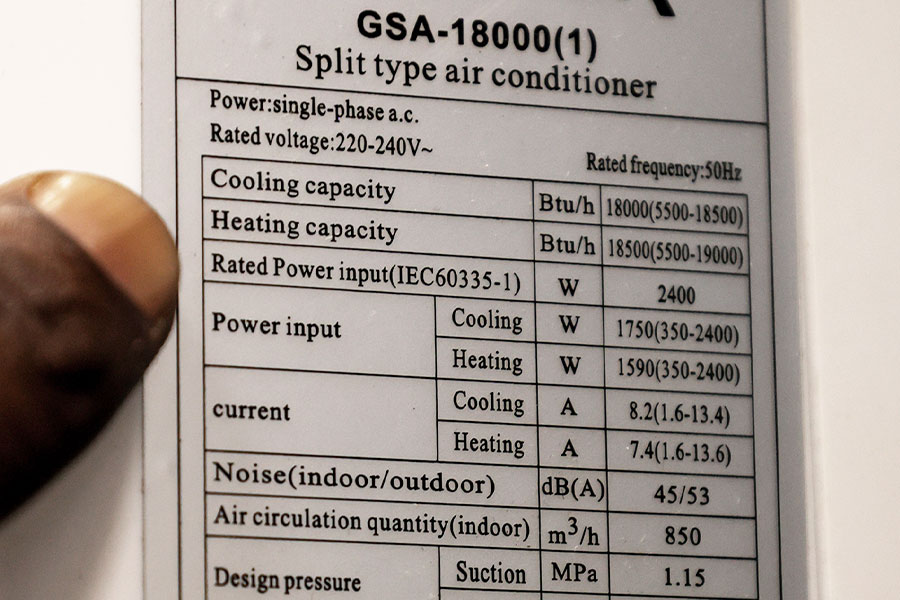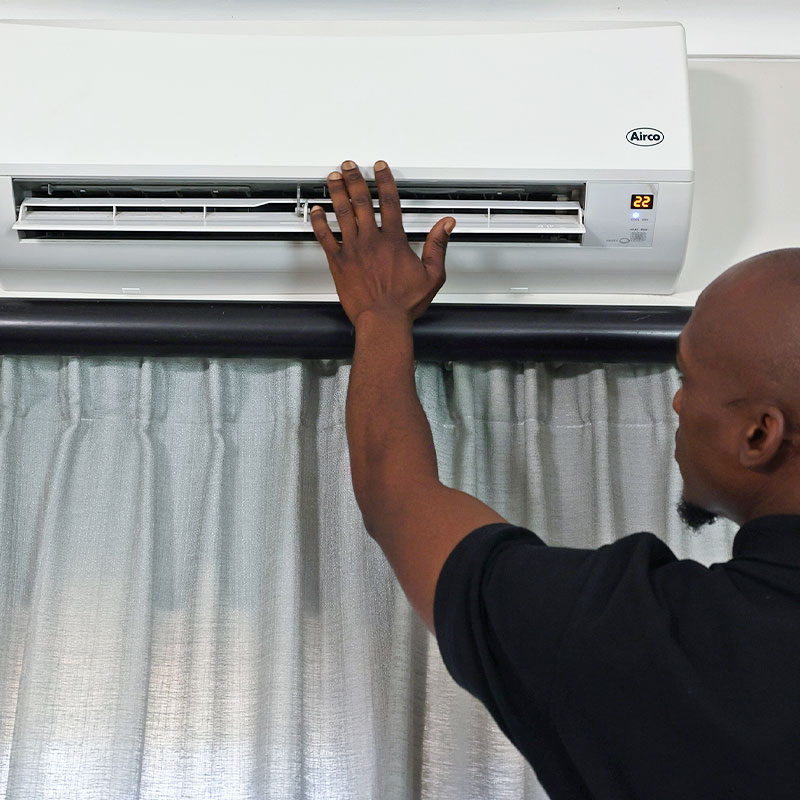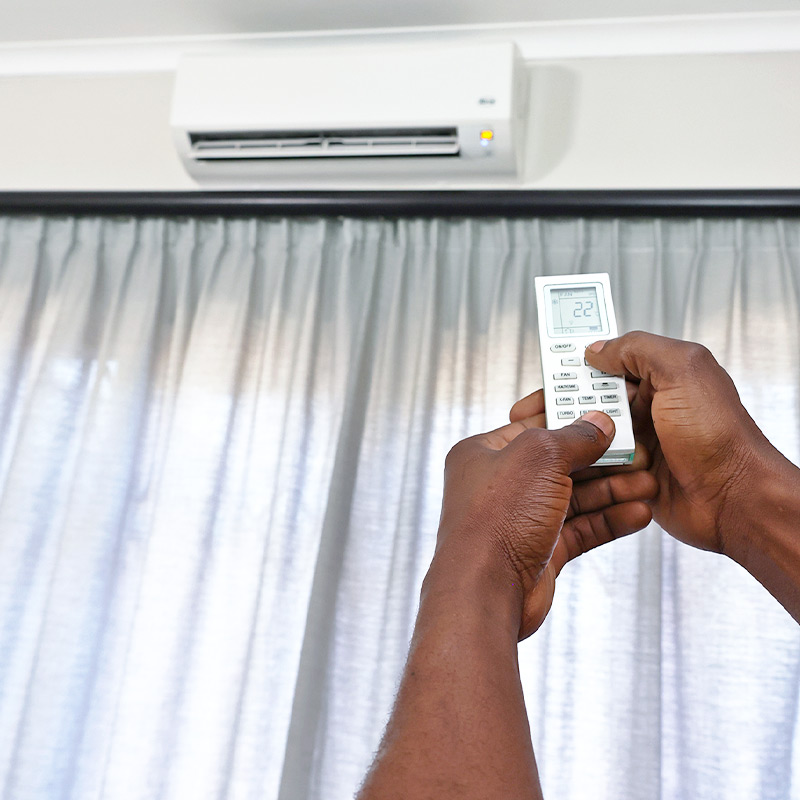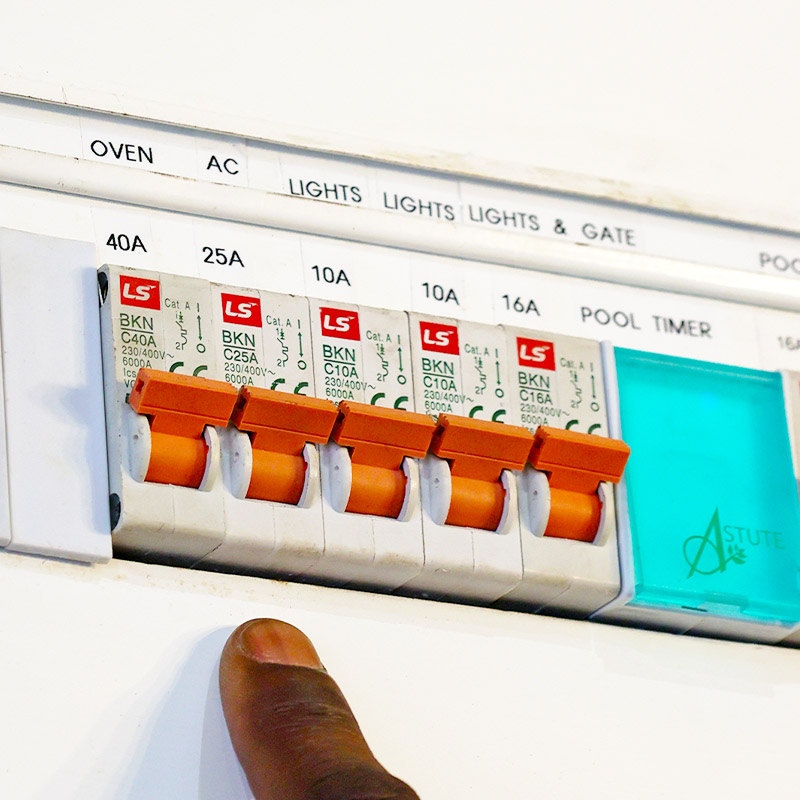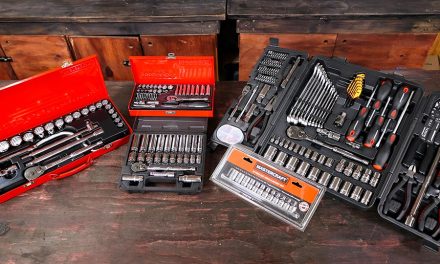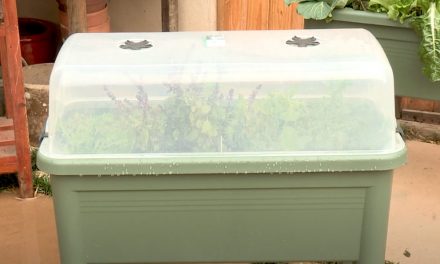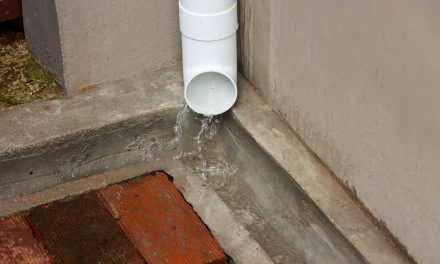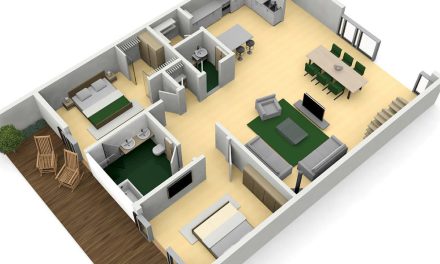This guide assists not only in selecting the appropriate air conditioning unit for your needs, but also get the most out of it, once it’s up and running.
When we mention ‘aircon’, images of cool rooms on those typically hot, humid summer days come to mind. However, air conditioning units are equally capable of warming up a room during chilly winter evenings. Whether it’s for keeping you cool or taking the edge off winter, choosing the right aircon and knowing how to use it, will help you to get the most out of it.
Choosing the right-sized air conditioning unit for your home
The key to an air conditioner’s efficiency, whether heating or cooling, lies in choosing the right-sized unit for the space. Air conditioners come in various sizes, rated in British Thermal Units (BTUs). This indicates how much heat the unit can add or remove from the air per hour in a specified area. Choosing the right BTU for your space is crucial for optimal efficiency. Here’s how you can calculate the right size:
- Start by measuring the room’s floor area. Calculate the square meterage (length times breadth in metres). Remember, we are working in square metres, not cubic metres.
- Calculate required BTU: In South Africa, an air conditioner should generally have a capacity of about 500 BTU per square metre to efficiently cool or heat a space. That means a 20 m2 room would require 10 000 BTUs, and a 50 m2 room would need 25 000 BTUs. This calculation assumes a standard ceiling height of between two and a half and three metres.
Installing an aircon with a lower BTU than needed would result in the unit overworking, potentially leading to overheating and unnecessary wear and tear. Conversely, a unit that’s too large can cool the room quickly but may not effectively remove moisture, leaving the environment cool but damp.
Now that you know the basics of choosing the right sized aircon, it’s time to grab that tape measure and measure out your room. Soon your home will be the perfect temperature, come summer or winter!
Get the most out of your aircon
Now that you know that you have the right size unit for your room, you need to understand how to maximise the efficiency of your air conditioner.
An aircon’s compressor, similar to that of a fridge,, compresses refrigerant gas, which cools under pressure. The compressor is the most power-hungry part of an air conditioner. A common misconception is that the set temperature is what the aircon immediately produces. Instead, this is the target temperature at which the thermostat will switch the compressor off. An aircon can realistically produce air about 10°C cooler than the ambient temperature, so on a hot 30°C day the aircon might cool air to about 20°C, gradually lowering the room’s temperature.
Setting a realistic temperature around 22 – 23°C is crucial, especially on extremely hot days, to avoid non-stop compressor activity and high energy consumption.
Remember, everything you need to keep your home warm in winter and cool in summer is available from Builders, wither in-store or online at builders.co.za.

